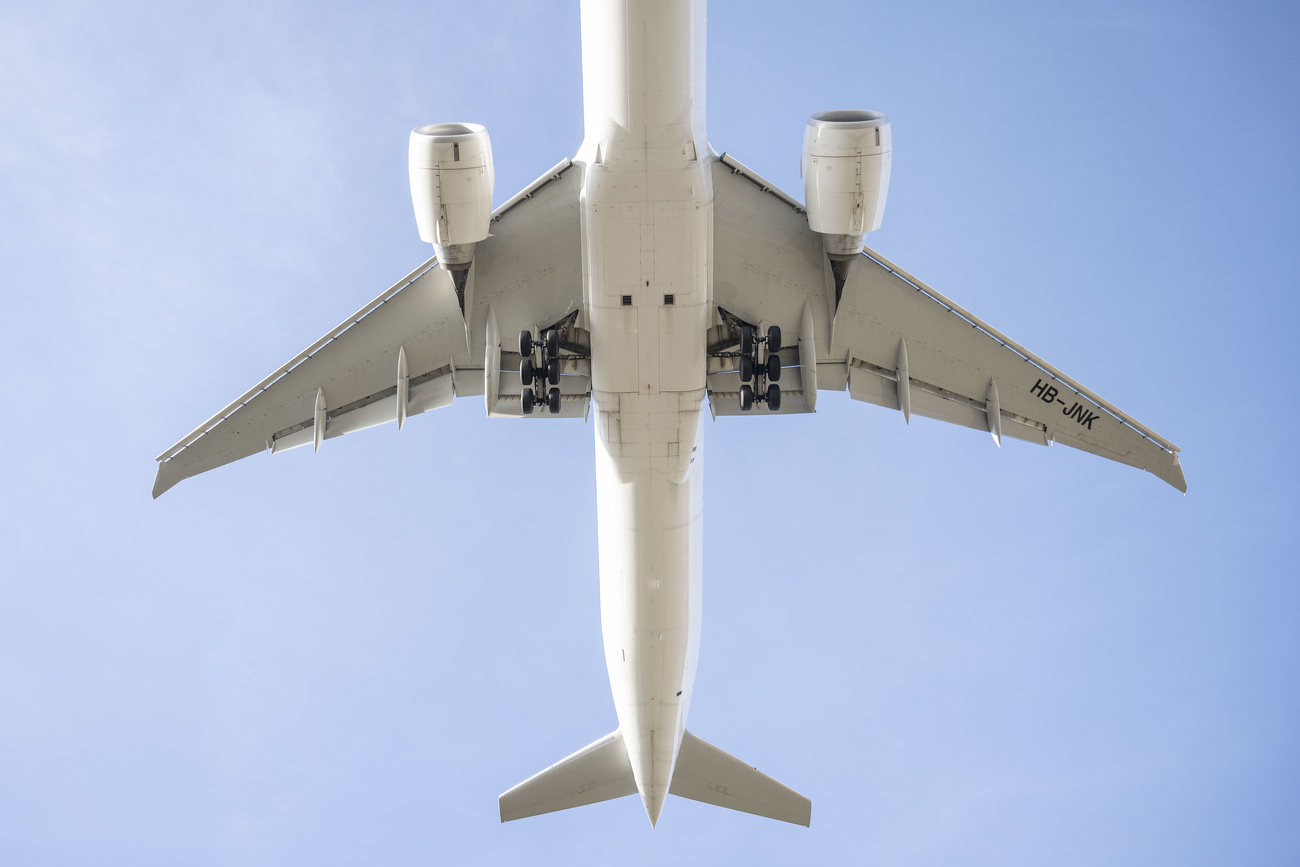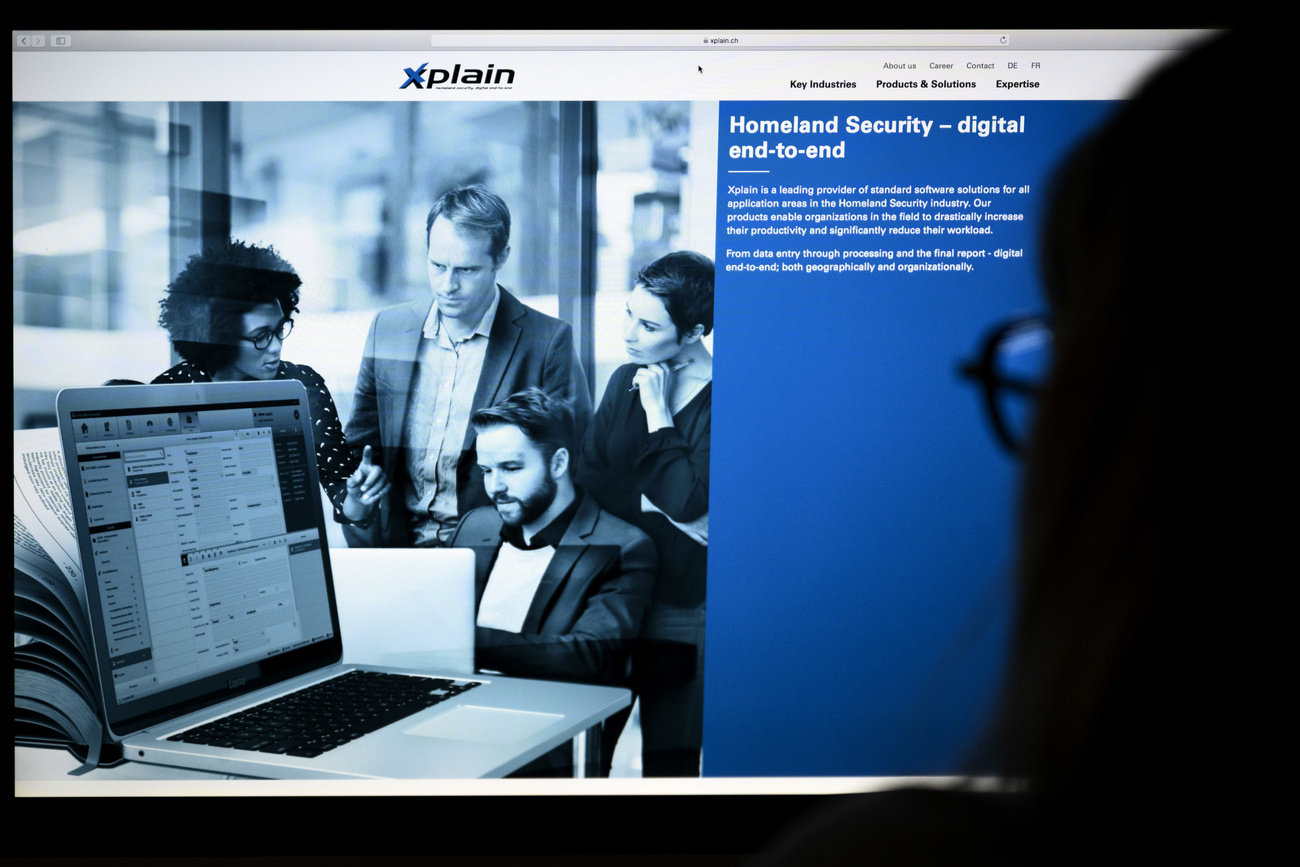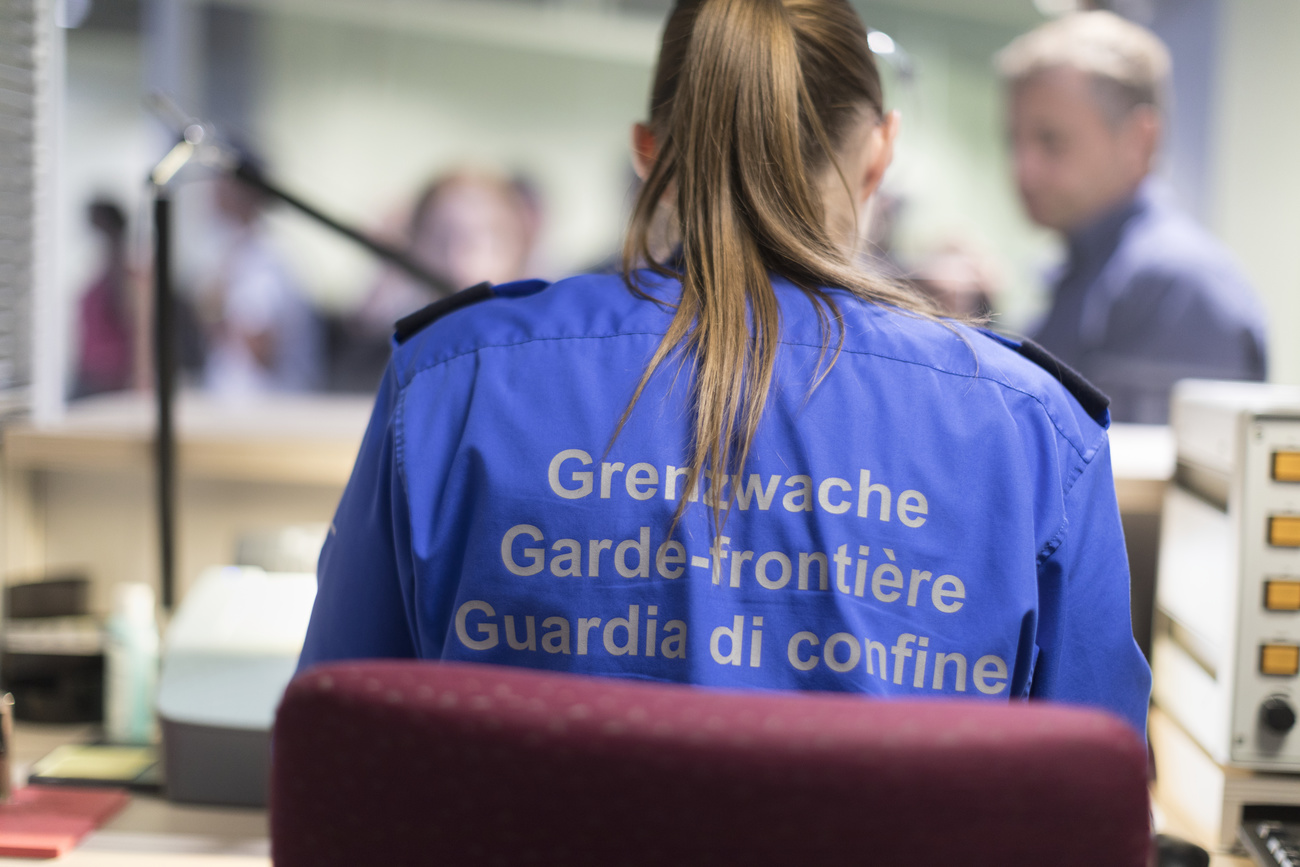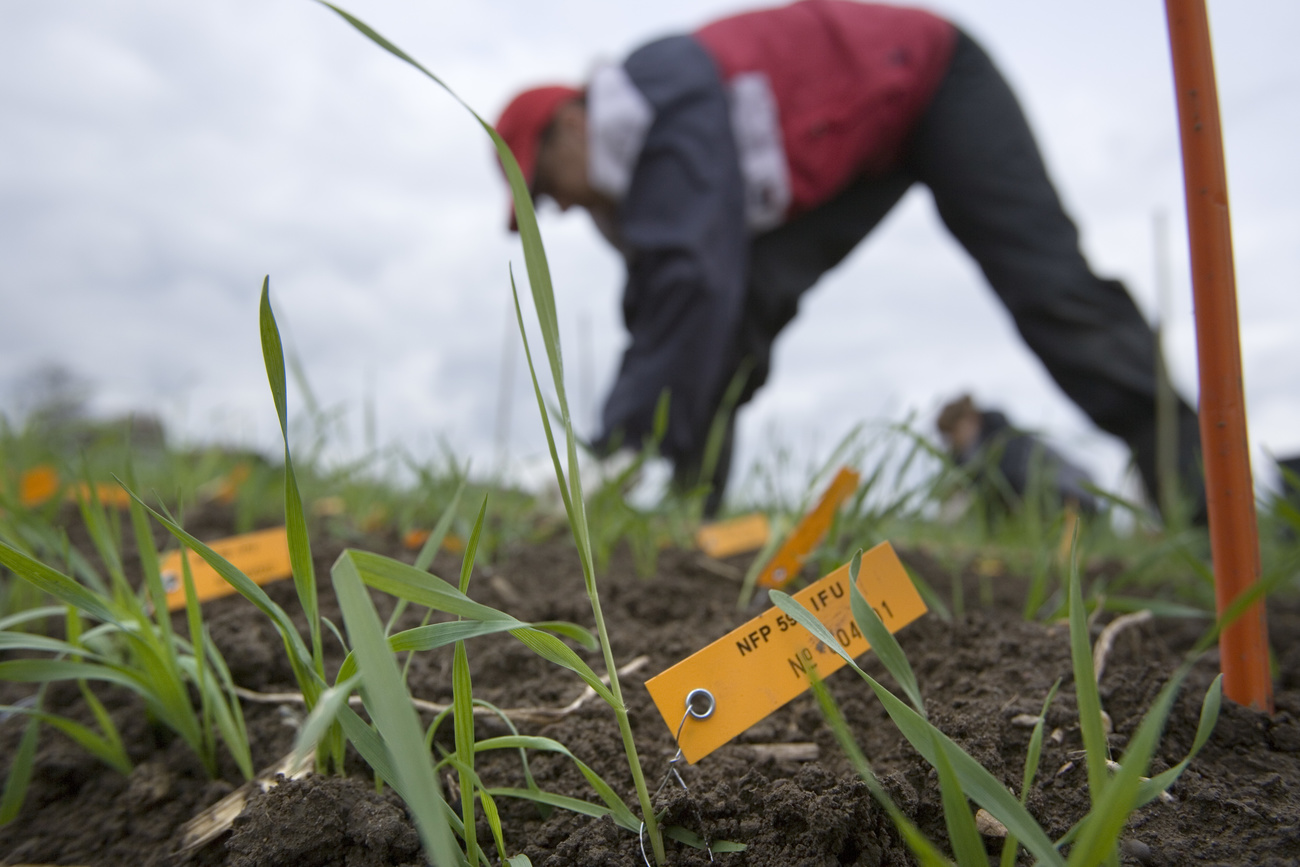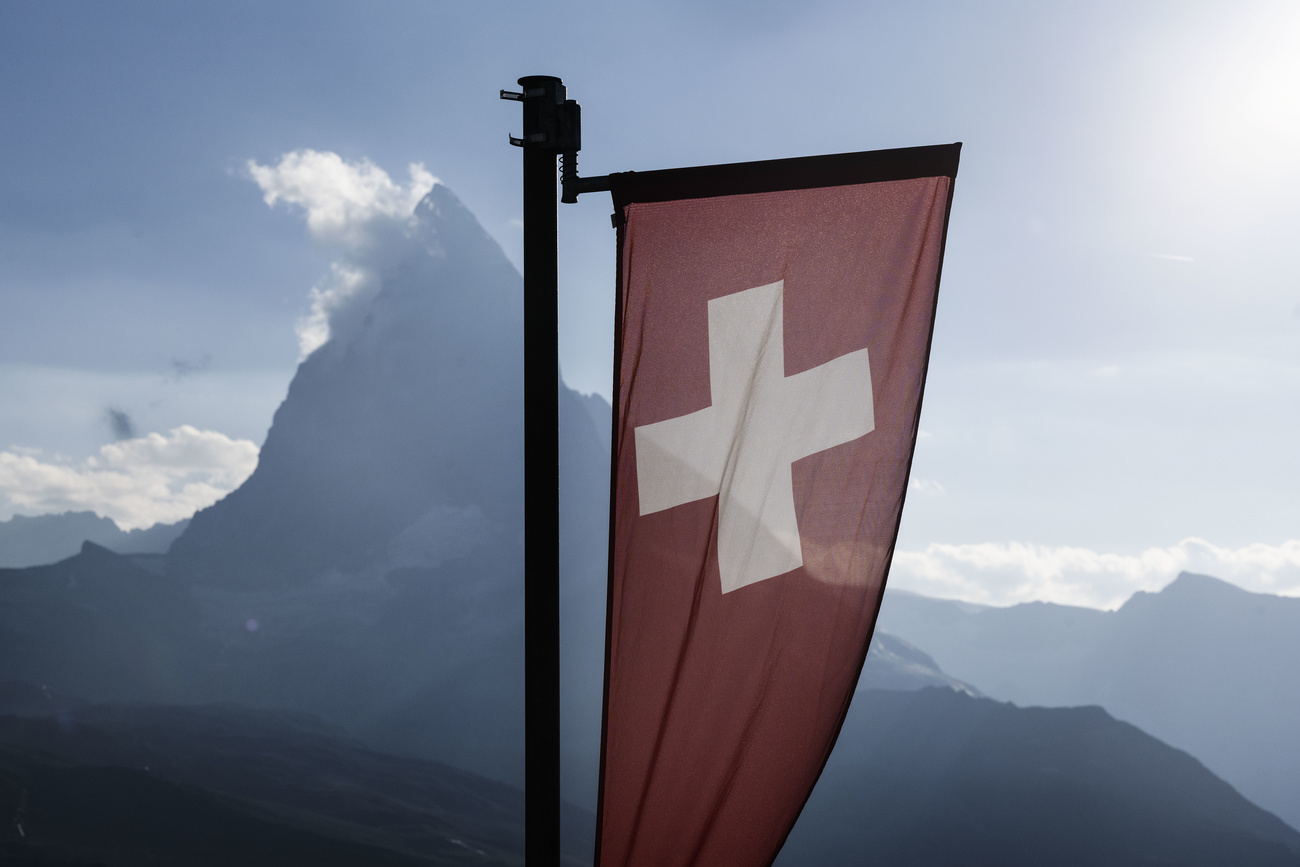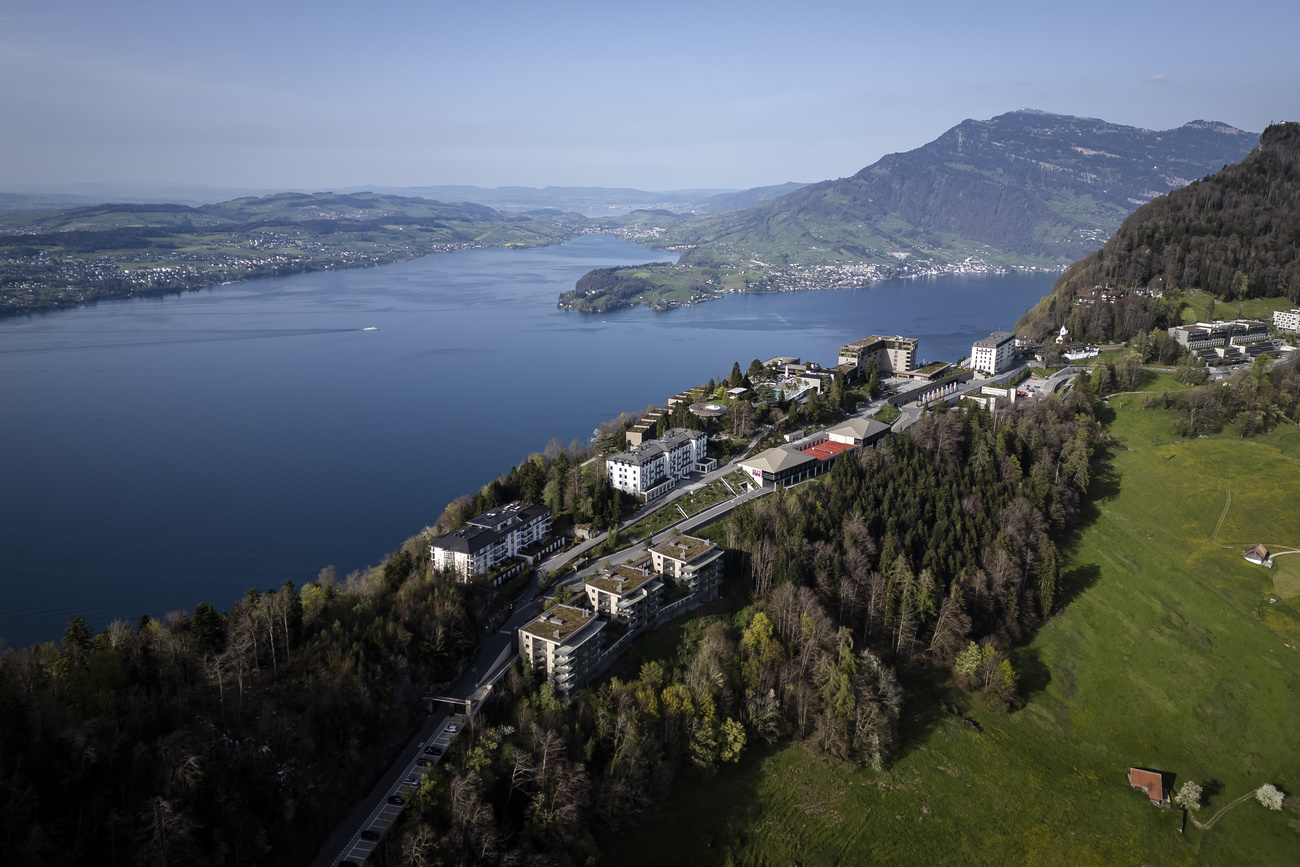In Switzerland, 46% of adults want to fly on holiday in 2024, while at least a third will travel by car and only just under 15% by train.
Keystone / Christian Beutler
Despite the climate crisis, flying is the most popular mode of transport to head on holidays – particularly for young, urban and high-income travellers.
In Switzerland, 46% of adults plan to fly on holiday in 2024, while at least a third will travel by car and just under 15% by train. These were the findings of a representative survey published on Thursday by the online comparison service Comparis.
The results of the survey of over 1,000 people, conducted in April, also showed a generational difference: 51.6% of 18 to 35-year-olds said they wanted to fly on holiday, compared to only 43.2% of over 56-year-olds.
+ From 2022: the boom in airline emissions post-pandemic
Some 54% of younger people expected to fly at least twice this year, compared to 38% of the older generation. Only one in five people between the ages of 18 and 35 intended to avoid flying altogether; for those over 56, the figure was almost twice as high (38%).
City dwellers fly more
For Swiss urban dwellers, 50.2% meanwhile preferred to fly on holidays. Among the rural population this was 41.4%. Comparis transport expert Adi Kolecic described “a notable gap between the eco-political attitude and the actual behaviour of city dwellers”.
The second most popular means of transport for holiday trips was car, especially in rural regions. Some 34% of survey respondents said they used a car to go on holidays. In rural regions, the figure was 41.9%, compared to 25.3% from urban areas.
More drivers in the countryside
Many city dwellers do not own a car, so it is therefore unsurprising that people in rural communities and agglomerations are more likely to go on holiday by car, Kolecic said.
The survey also showed that lower income groups tended to prefer the train (24.5%), while the figure for higher income groups was 8.7%. The reason for this is likely to be that the distance to the holiday destination plays a key role in the choice of means of transport, and lower-income groups are more likely to go on holiday within Switzerland.
Adapted from German by DeepL/kp
This news story has been written and carefully fact-checked by an external editorial team. At SWI swissinfo.ch we select the most relevant news for an international audience and use automatic translation tools such as DeepL to translate it into English. Providing you with automatically translated news gives us the time to write more in-depth articles.
If you want to know more about how we work, have a look here, and if you have feedback on this news story please write to english@swissinfo.ch.
External Content
